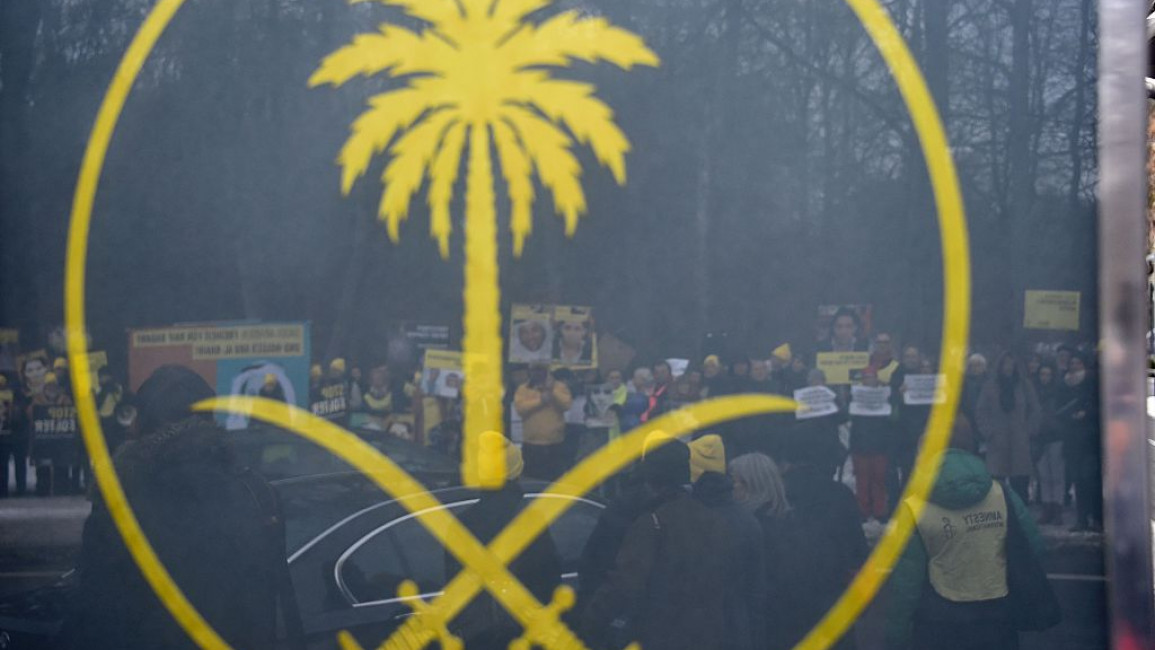Saudi Arabia executes five, including one Egyptian, for terrorism
Saudi Arabia on Monday put to death five people convicted of carrying out a deadly attack on a house of worship, state media said, the biggest group execution this year.
The five men - four Saudis and one Egyptian national - were tried for an attack that killed five people and injured an untold number of others in the kingdom's east, home to most Saudi oil and most members of its Shia minority.
An interior ministry statement published by the official Saudi Press Agency did not specify when the attack took place or what type of house of worship was targeted.
It also did not specify the method of execution used, but the kingdom has carried out beheadings in the past.
This brought to 68 the total number of people put to death so far by Saudi Arabia, a frequent target for criticism by rights groups who object to its prolific use of capital punishment.
More than 20 executions have been carried out since early May for terrorism-related offences, the vast majority in the eastern province.
In late May, authorities put to death two Bahrainis convicted of terrorism in a case that Amnesty International said hinged on "torture-tainted confessions".
Last year, Saudi Arabia executed 147 people in total - more than double the 2021 figure of 69, an AFP tally showed.
The figure for 2022 included 81 people executed on a single day in March of that year for terrorism-related offences, an event that sparked an international outcry.
More than 1,000 death sentences have been implemented since King Salman assumed power in 2015, according to a report published earlier this year by Reprieve and the European-Saudi Organisation for Human Rights.
The recent surge in executions in Saudi Arabia comes as the kingdom, known for its strict interpretation of Islamic law, has been trying to soften its image through sweeping social and economic changes as part of its "Vision 2030" reform agenda.
Crown Prince Mohammed bin Salman, King Salman's son and Saudi Arabia's de facto ruler, said in an interview with The Atlantic magazine that the kingdom had "got rid of" the death penalty except for cases of murder or when someone "threatens the lives of many people", according to a transcript published by state media in March 2022.



